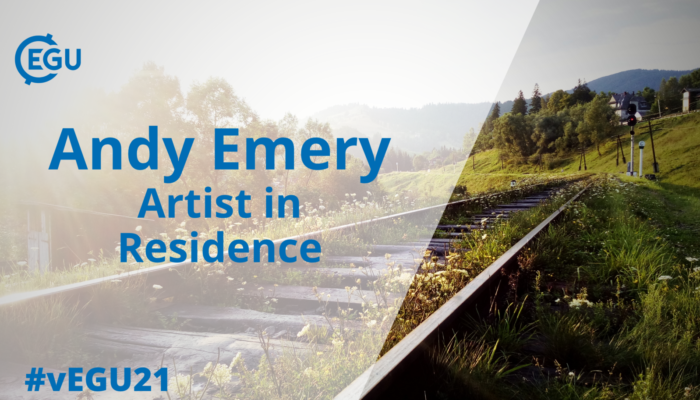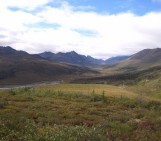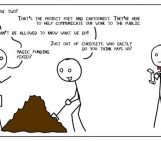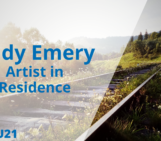
Microplastics are a big topic these days, so I take a look at some vital research…
Plastic problems, hurdles, and nurdles
A happy, healthy body has veins and arteries free from clogs and constrictions caused by build-up of lipid junk. This includes our external, shared body, a body on which we all rely, the landscape we live in. The veins and arteries of our landscape are rivers, clogged with innumerable, miniscule, lipid-like microplastics. Like vigorous exercise, a flood of blood through the veins, rivers in spate become a life-threatening state. Can rivers safely store plastic, or does it swell rivers, swirl and circulate and swash out to sea?
This hurdle to health is solved by nurdles in wealth. Nurdles, miniature microplastic mimics set loose in a safe environment, the flume, mixed with gravel. Set beneath steady flow, before a swooshing, flushing flood is forced upon them, to see how they cope. Will they stay stored, or be borne stormbound seawards?
When the flow is low, nurdles stay dormant, sunk, stored. But come onset of flood wave, the bed is shred and bedload transported. Once the wave is away, the nurdles return to their bed for slumber. The rising limb, the time when the waters wax and well up, froth and foam in the flume like a flute of champage, is the time of tearing, of greatest destruction to the bed. The bigger the rise, the longer the limb, the more devastated the bed becomes, more microplastic mobilised, the stores raided, the sink emptied.
To keep the sink stocked full, flooding must be minimal in impact. Management, mitigation and minimised microplastic mobility are a must. Regular check ups, monitors, plenty of exercise and a cleaned-up diet will keep the arteries of our landscape healthy.
Dr Annie Ockleford is Principal Lecturer in Physical Geography at the University of Brighton, specialising in fluvial geomorphology, on Twitter as @AOckleford. She is the winner of this year (2021)’s EGU Katia and Maurice Krafft award for Outreach, and the associated presentation can be seen here.




Obinna Emmanuel
It’s horrible what we have done to our planet because of greed, negligence and ignorance.
It’s even worse than in spite of the fact that we are now enlightened, the first two vices mentioned might still bring our world to its knees.
Ava
I hope we can reverse the process we have set our planet towards.